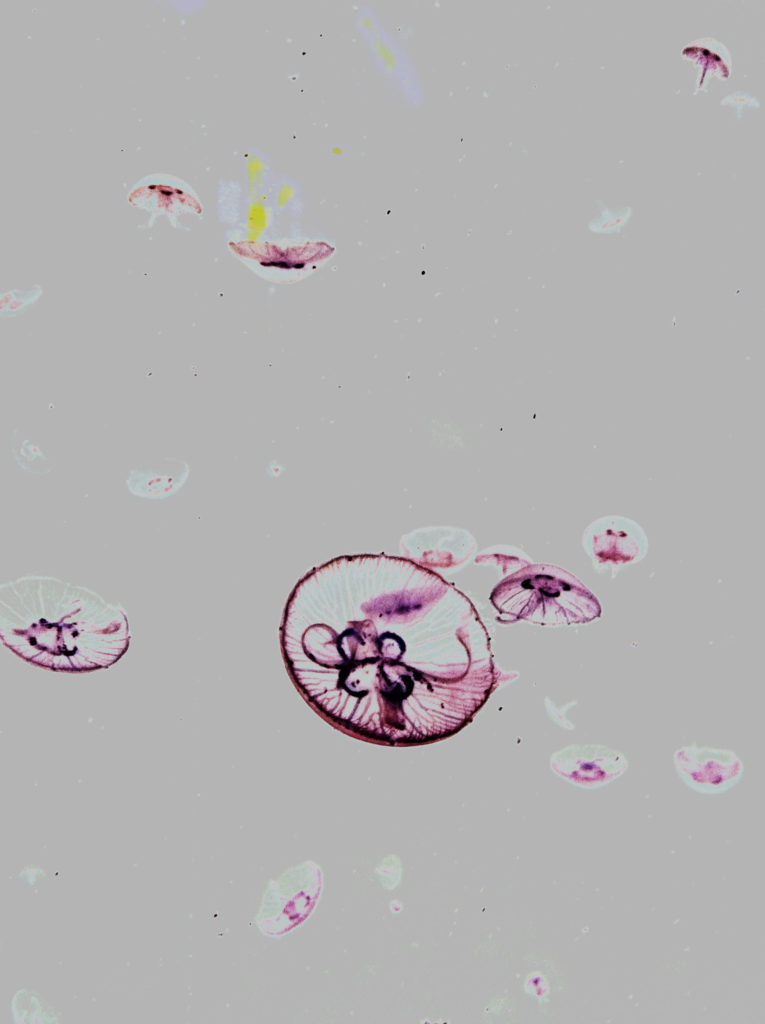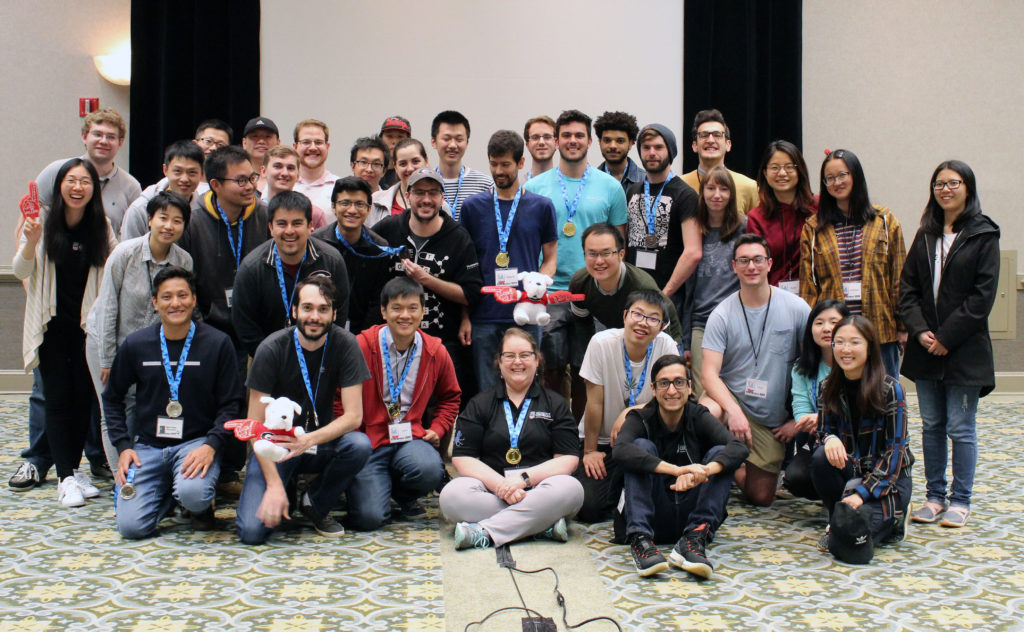Ruijie Xu and Lambodhar Damodaran Awarded IDEAS Fellowships
PhD Students Ruijie Xu and Lambodhar Damodaran have been awarded Interdisciplinary Disease Ecology Across Scales (IDEAS) Fellowships which will fund their research beginning in August 2020. Congratulations Ruijie and Lambo! http://ideas.ecology.uga.edu/application/



